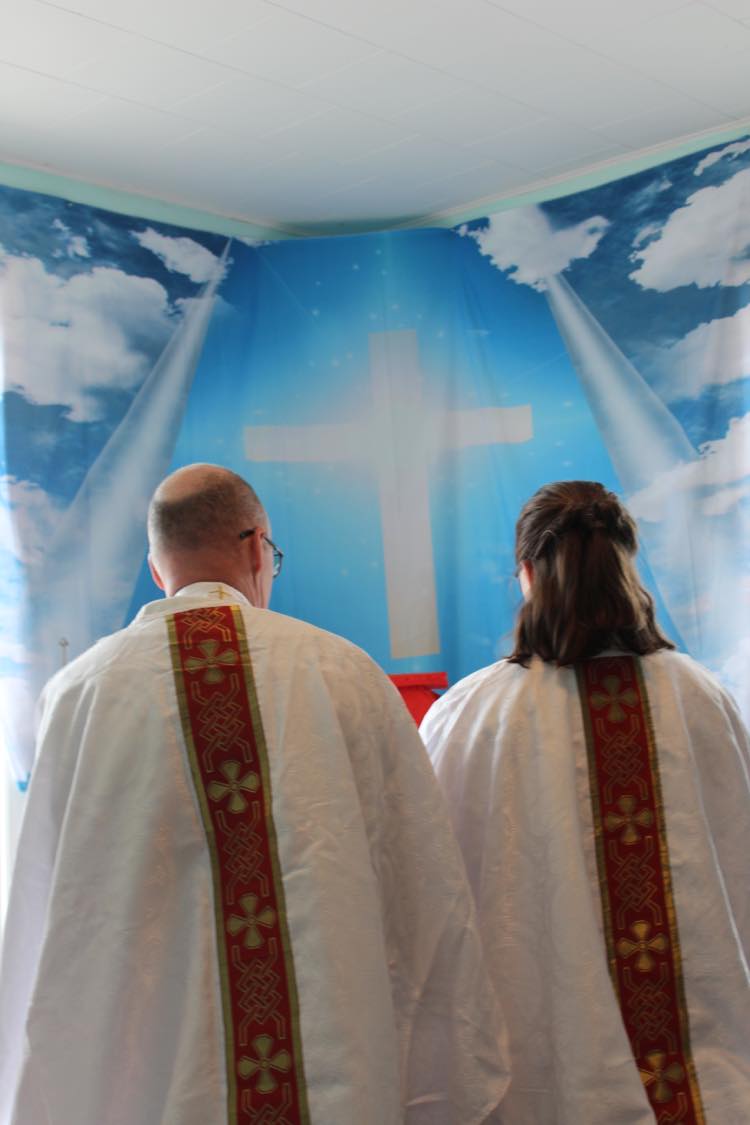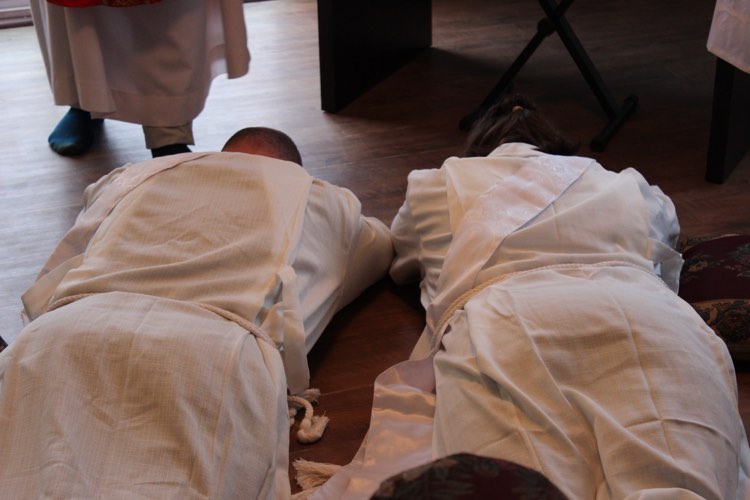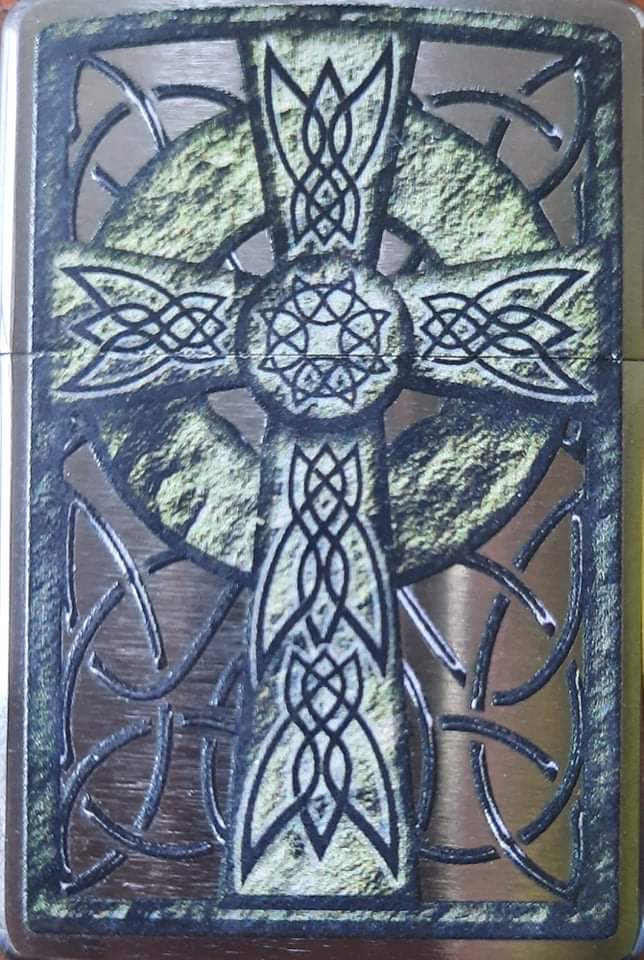- Home
- Seminary Studies
- Catholic Theological Philosophy
Simply Catholic and Welcoming You
Catholic Theological Philosophy
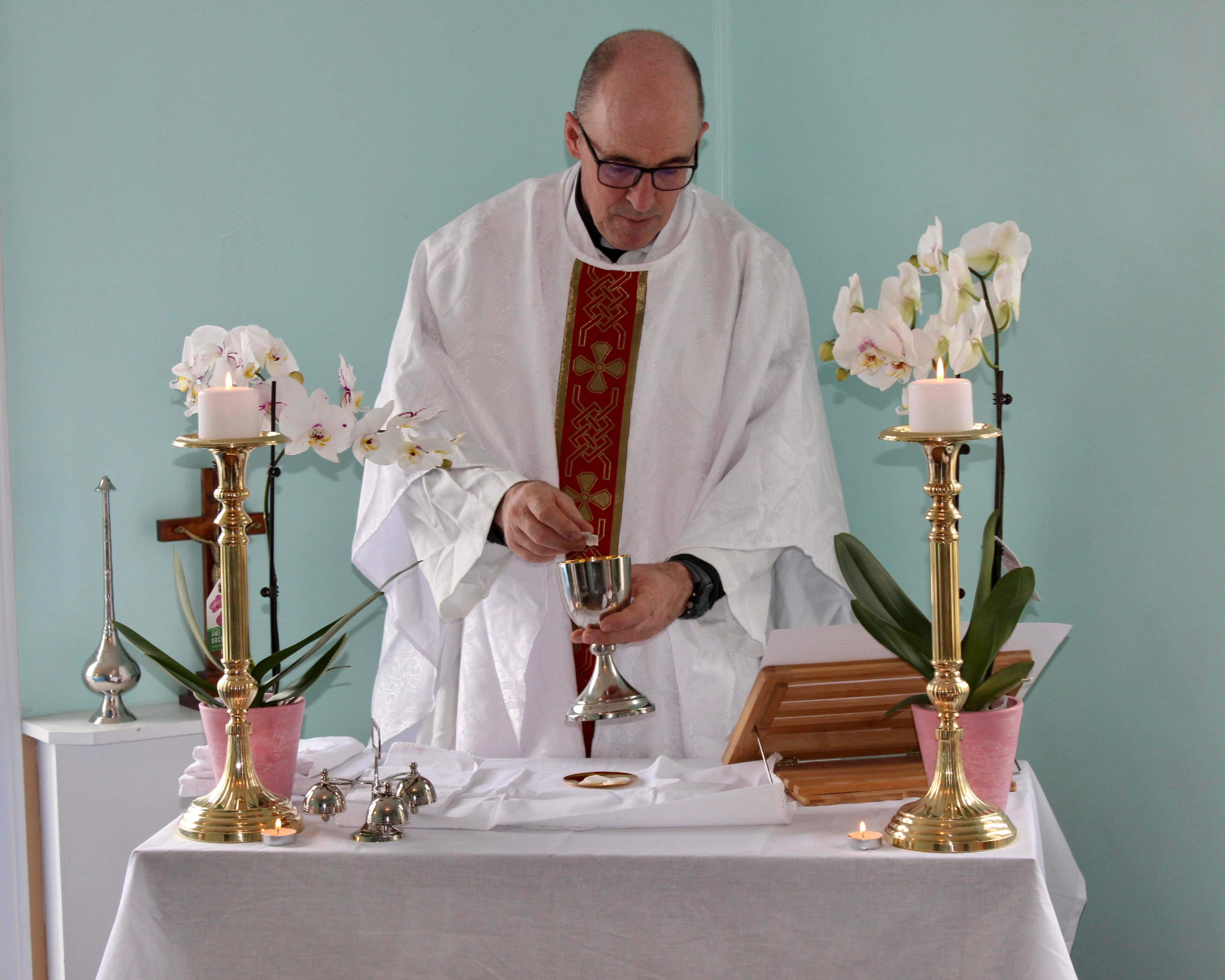
Fr. Philip Offering Mass
Catholic theological philosophy explores the relationship between God's revelation and human reason, seeking to understand God's actions and nature through both faith and philosophical inquiry. It examines how theological doctrines are rooted in Scripture and tradition, while also engaging with broader philosophical questions about the nature of reality, ethics, and morality.
Key Aspects of Catholic Theological Philosophy
Revelation and Reason
Catholic theology acknowledges God's revelation through Scripture, tradition, and the Church's teaching, but also encourages the use of human reason to understand and interpret these revelations.
God's Nature
Catholic theological philosophy delves into the nature of God, including God's transcendence, omnipotence, and the Trinity, as well as God's relationship with the created world.
Theology and Philosophy
It explores how theology builds upon philosophical foundations laid since the Middle Ages, particularly drawing on Thomism, the philosophy of Saint Thomas Aquinas.
Sacraments
It explores the theological significance of sacraments like Baptism and the Eucharist, understanding them as visible signs of God's invisible grace.
Canon Law
Catholic theological philosophy examines the role of canon law within the Catholic Church, both as a human organization and as a supernatural entity, and the relationship between theology, philosophy, and law.
The purpose of Canon Law is to provide a framework for the Church's governance, including the structure of the hierarchy, the roles and responsibilities of clergy and other members, and the regulation of various aspects of church life, such as sacraments, religious education, and discipline.
In the Roman Catholic Church, the most recent codification is the 1983 Code of Canon Law, also known as the Johanno-Pauline Code, which serves as the fundamental body of ecclesiastical law for the Latin Church.
The 1983 Code of Canon Law, which governs the Latin Church of the Catholic Church, contains 1752 canons. These canons are organized into seven books.
Moral Philosophy
It investigates ethical principles and moral norms derived from the Bible and the Church's teachings, shaping moral guidelines for Christian life.
It explores the theological significance of sacraments like Baptism and the Eucharist, understanding them as visible signs of God's invisible grace.
Catholic Theological Philosophy
Historical Development to Modernization
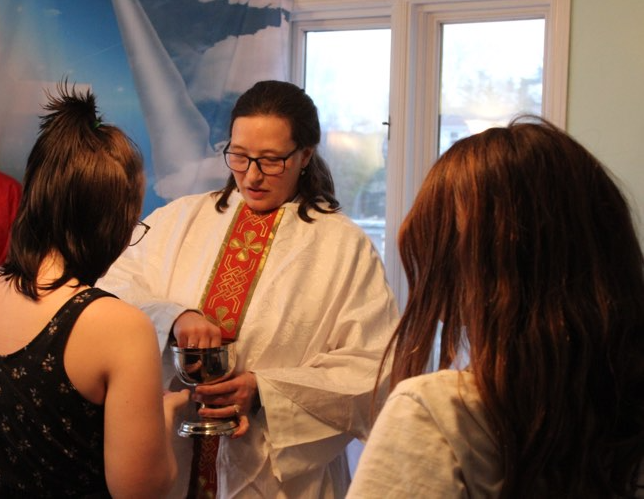
Amma Charlene Distributes the Holy Eucharist
Historical Development of Catholic Theological Philosophy
Early Church Fathers
The early Church Fathers, like Augustine of Hippo, laid the groundwork for integrating philosophical ideas with Christian theology.
Medieval Theology
Scholasticism, exemplified by Thomas Aquinas, systematically integrated Aristotelian philosophy with Christian theology, creating a robust system of theological thought.
Thomism
Thomism is a philosophical and theological school of thought derived from the work of St. Thomas Aquinas, a prominent medieval Dominican philosopher and theologian. It is known for its synthesis of Aristotelian philosophy with Christian theology and its emphasis on reason and faith. Thomism is characterized by its realism, its belief in a natural order, and its emphasis on the importance of both reason and faith in understanding reality.
Reason and Faith
Thomism asserts that reason and faith are complementary and that both can lead to a deeper understanding of reality.
Natural Law
Thomism emphasizes the existence of a natural law, which is a set of principles accessible to human reason that govern moral and political life.
Realism
Thomists believe that there is an objective reality independent of human perception and that we can know this reality through reason and faith.
Metaphysics
Thomism explores the nature of being, existence, and the relationship between God and the created world.
Ethics
Thomism provides a framework for understanding moral duties, virtues, and the good life, often grounded in the principles of natural law and the pursuit of happiness.
Politics
Thomism offers a framework for understanding the purpose of the state, the nature of just government, and the rights and responsibilities of citizens, often drawing on Aristotelian political philosophy.
Modern Theology
Catholic theological philosophy has continued to evolve in response to new philosophical developments and societal changes, particularly since the Second Vatican Council.
In essence, Catholic theological philosophy is a dynamic and ongoing process of inquiry that seeks to understand God and the world through the lens of faith and reason, drawing upon both ancient traditions and contemporary philosophical insights.
Today most church scholars prefer to think in terms of the church in the world and the world in the church, as opposed to the pre 1970’s thinking of the church versus the world.
Today we try to see the ‘signs of the times’ as events through which God continues to speak to us and challenge us to respond for the sake of the Kingdom and humanity.
The world in which the modern church exists is a world of profound and rapid change. Gone are the days when old men had the luxury of refusing to accept change for the sake of their personal comfort. We now see that a church that cannot adapt to change will have an ever dwindling following.
Modernization has meant that science has been able to answer questions that were once a mystery left to the dictates of faith. Today’s church exists in an age of ever increasing availability of information. Knowledge, the very thing the medieval church tried to keep out of the reach of the general population.
Today’s church, too long clinging to outdated beliefs that they were above the laws of man, has been properly held to account for much of the wrong they have done, contributed to or attempted to cover up. As these dark goings on have been brought into the light of investigation and prosecution, the church has seen a loss of faith and attendance at services and activities at all levels.
An educated public is much harder to ‘manage’ in the old sense of that term. Now the church must meet followers on near equal footings with regard to education and transparency. This is a good thing. When the church makes the necessary and inevitable changes it surely must make, growth in faith and attendance will resume.
In any case, modernization has clearly shown the necessity of true interdependence within the entire human community. This confirms the reality of the churches own statement that we are ALL brothers and sisters under God and in Christ and we must all love one another and work together for the safety, unity and future of humanity, our world and the Kingdom of God.
Recent Articles
-
Catholic-Confession
Apr 19, 25 08:53 PM
Full breakdown of the Catholic Confession Sacrament of Reconciliation -
Ordination, incardination and dismissal of clergy
Mar 03, 25 06:47 PM
Overview of Ordination to Holy Orders, incardination and dismissal of clergy -
Catholic Last Rites
Mar 03, 25 06:41 PM
An explanation of the Catholic Last Rites and Anointing of the Sick
